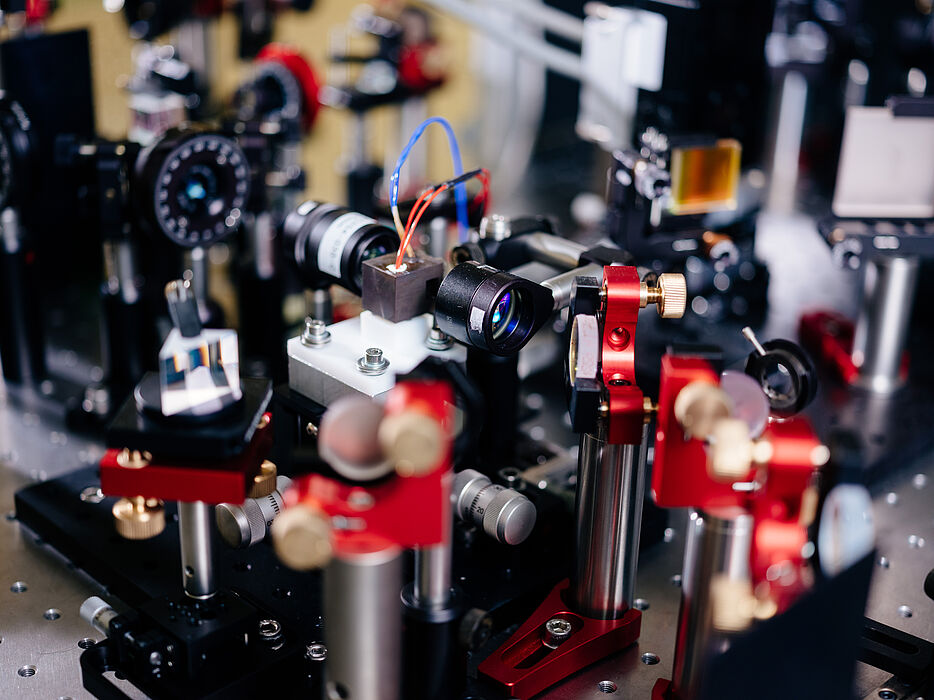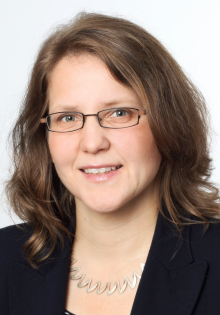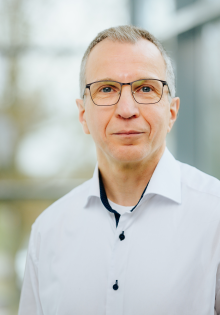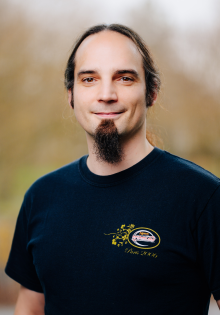Digitization is progressing quickly – at the same time, the increasing exchange of sensitive data requires improved security. A communication network based on the laws of quantum physics offers guaranteed protection by ensuring complete security against eavesdropping. That is the aim of the joint research project known as “Quantenrepeater.Link” (Quantum Repeater.Link, or QR.X). The project will receive three years of support from the Federal Ministry of Education and Research (BMBF), totalling around EUR 35 million. The joint project includes 43 partners from the fields of science and business. These experts, including researchers from Paderborn University, are working on one of the greatest technological challenges currently facing data security: developing quantum repeaters and integrating them into existing fibre optic networks for communication over long distances.
Prof. Dirk Reuter from Paderborn University explains, “Our medium to long-term goal is to reach serial production for quantum repeaters, and thus to build quantum communication infrastructures that protect data transmission from eavesdropping – a milestone for Germany’s and Europe’s technological and digital independence.” Quantum repeaters are used to improve the transfer of information between sender and recipient over long distances. The information is divided into smaller pieces; these pieces are transported via photons, or light particles, as information carriers. “As a result, the photon loss is much smaller,” says Reuter. The repeaters save signals, process them using specific quantum-specific processes, and then transmit them.
Reuter: “In the medium term, a quantum repeater will free quantum communication from its limitation as a direct point-to-point connection over short distances, such as connections between agencies within a city – by increasing the distance. That could mean secure connections between data centres in different cities, for instance. Quantum security as a telecommunications service will also be possible, because the repeaters will potentially allow flexible connections between numerous customers with quantum-secured end-to-end communication. For another thing, we can continue establishing the next step of quantum computing and quantum simulation – further development of a quantum repeater technology could thus help bridge different technology platforms in quantum communication.”
Paderborn-based physicists Prof. Christine Silberhorn, Prof. Klaus Jöns and Prof. Dirk Reuter will be part of the venture with their sub-project “Solid-state-based key components for quantum communications.” The research project at Paderborn University will receive around EUR 800,000 in funding. The physicists expect to have their first findings available by the end of 2023.




